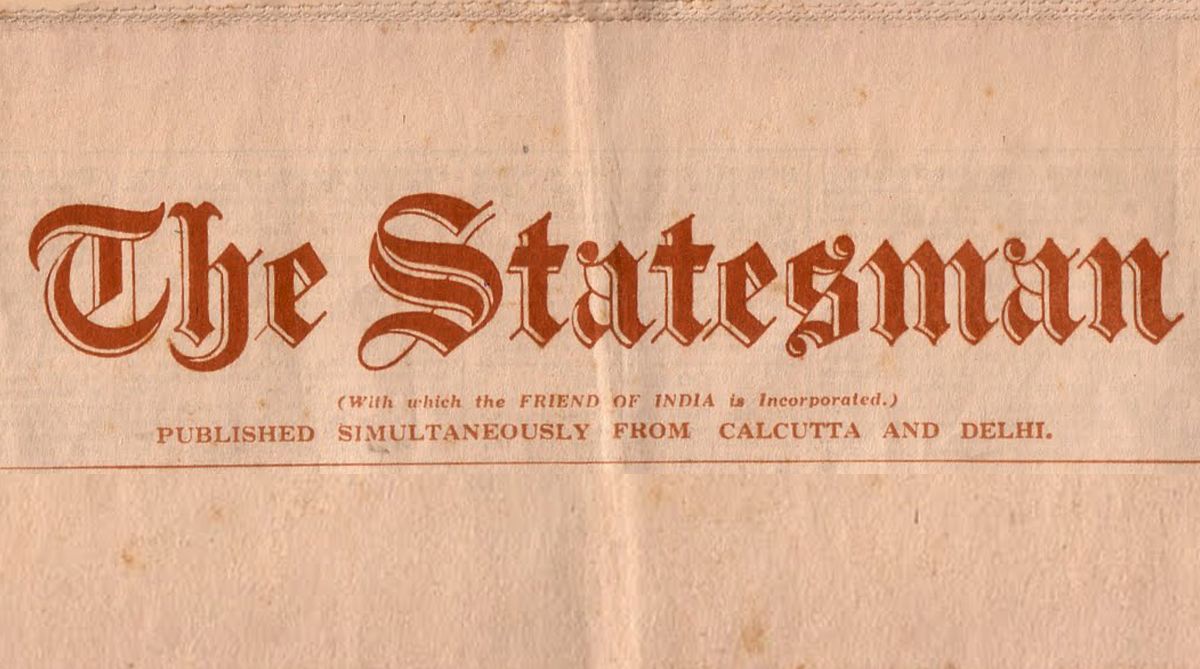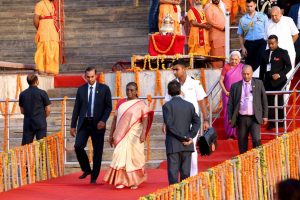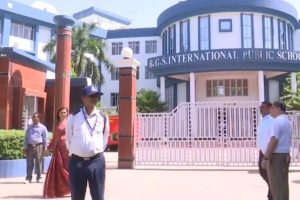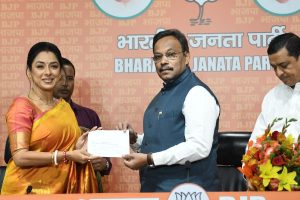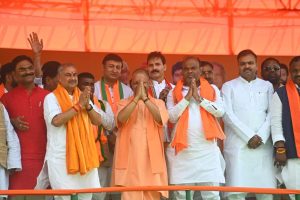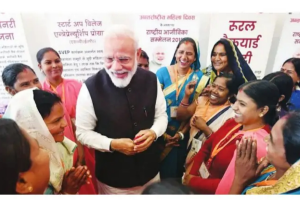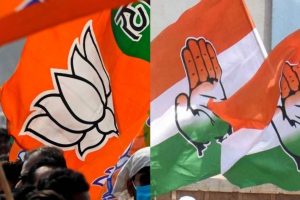OCCASIONAL NOTE
The first part of the report of Sir John Marshal, the Director-General of Archaeology, for the year 1916-17, has the customary interest of these reports since the present arrangement was adopted. The expenditure on the conservation of monuments during the year was practically three lakhs and, although the Director-General, from the example of the Mandalay palace, can demonstrate the folly of reduced expenditure on such monuments, even in war time, he and his department ought to congratulate themselves that in a year such as that under review they had anything at all to spend. A great deal of useful work appears to have been done in all the circles, and there can be no doubt that gradually the Survey is checking the fearful process of decay in which the relics of all past ages in this country were until recently involved. In the Southern circle attention is again drawn to the necessity for making the ancient monuments accessible to the public, Indian no less than European, if they are to have the educative value which alone can justify the money now spent on their preservation. Apart from such temples as those at Tanjore, Madura, Trichinopoly and Ramesvaram, which happen to be on the railway, practically all the great architectural monuments in Madras are inaccessible owing to bad district roads. Sir John Marshall rightly insists that what is true of Southern India is hardly less true of the rest of the country – and this despite the theoretical admiration for the country’s past professed by the politicians.
MUSKETRY PRACTICE TRAGEDY
BANGALORE, FEB 21
The following is published in the Daily Post in connection with the shooting incident on the Neelasmandra lines on Wednesday. During musketry training a number of recruits of the 2/88th Infantry had to undergo instruction on the parade ground, and there were twelve squads of men thirty yards apart aiming at targets with dummy cartridges. One recruit, a Coorg named Achya, is stated to have applied to the Naick in charge of the arms for cartridges before this parade, and was told to take one or two clips of blank cartridges which were lying on a box. He presumably took away a clip of loaded ones. The difference between loaded and dummy cartridges is very slight, but the dummies have a few holes bored in them. When firing commenced a shot from Achya’s rifle struck the thumb of a recruit named Nanjappa, and ricochetted into the left side of another Coorg recruit named Monnya, who subsequently died. Achya, the Naick have been placed under arrest pending further enquiries.
IMPERIAL POLICE SERVICE
DELHI, FEB 21
Some of those interested may not have understood the exact relation of the two overlapping scales of pay which have been sanctioned for the Imperial Police Service. It is understood that this system is intended to mitigate as far as possible the hardships of blocks in promotion. The idea is that officers of the rank of Assistant Superintendent will draw pay according to the junior scale so long as they are performing the work of Assistant Superintendents, but where they officiate as Superintendents for any period they will automatically go on to the senior scale for those periods, and when confirmed in the rank of Superintendents they will, of course, be permanently on the senior scale. The system has this advantage over a single scale divided into compartments as proposed in the Public Services Commission’s report, that an officer who finds himself through no fault of his own an Assistant Superintendent in his tenth or eleventh year will not be debarred from progressive increase of pay.
GHUGUS COLLIERY RE-OPENED
NAGPUR, FEB 21
The opening ceremony of the Ghugus Colliery was performed by Sir Benjamin Robertson, Chief Commissioner, Central Provinces, in the presence of a large and distinguished gathering last evening. This colliery is owned by the late Dewan Bahadur Sir Kasthurchand Daga and Mr. B. Dadabhoy of Nagpur. Lady Robertson laid the foundation stone of the Ghugus pottery works on the same evening. Requesting Sir Benjamin to declare the colliery open, Mr. Dadabhoy referred to its past history and said that it was opened by Lord Mayo 49 years ago. After working for nine months it was abandoned on account of the advantages afforded by the Warora colliery. Sir Benjamin Robertson said that it was his pleasant duty to support such industrial developments. The Chief Commissioner’s party returned to Nagpur today by special train.

